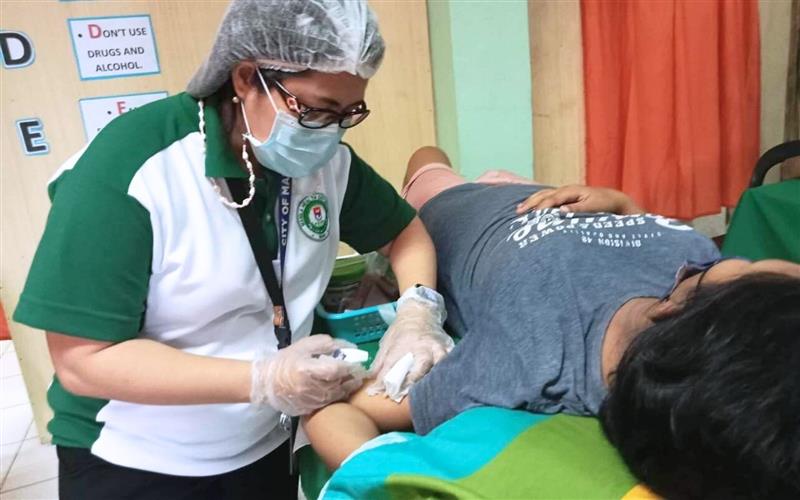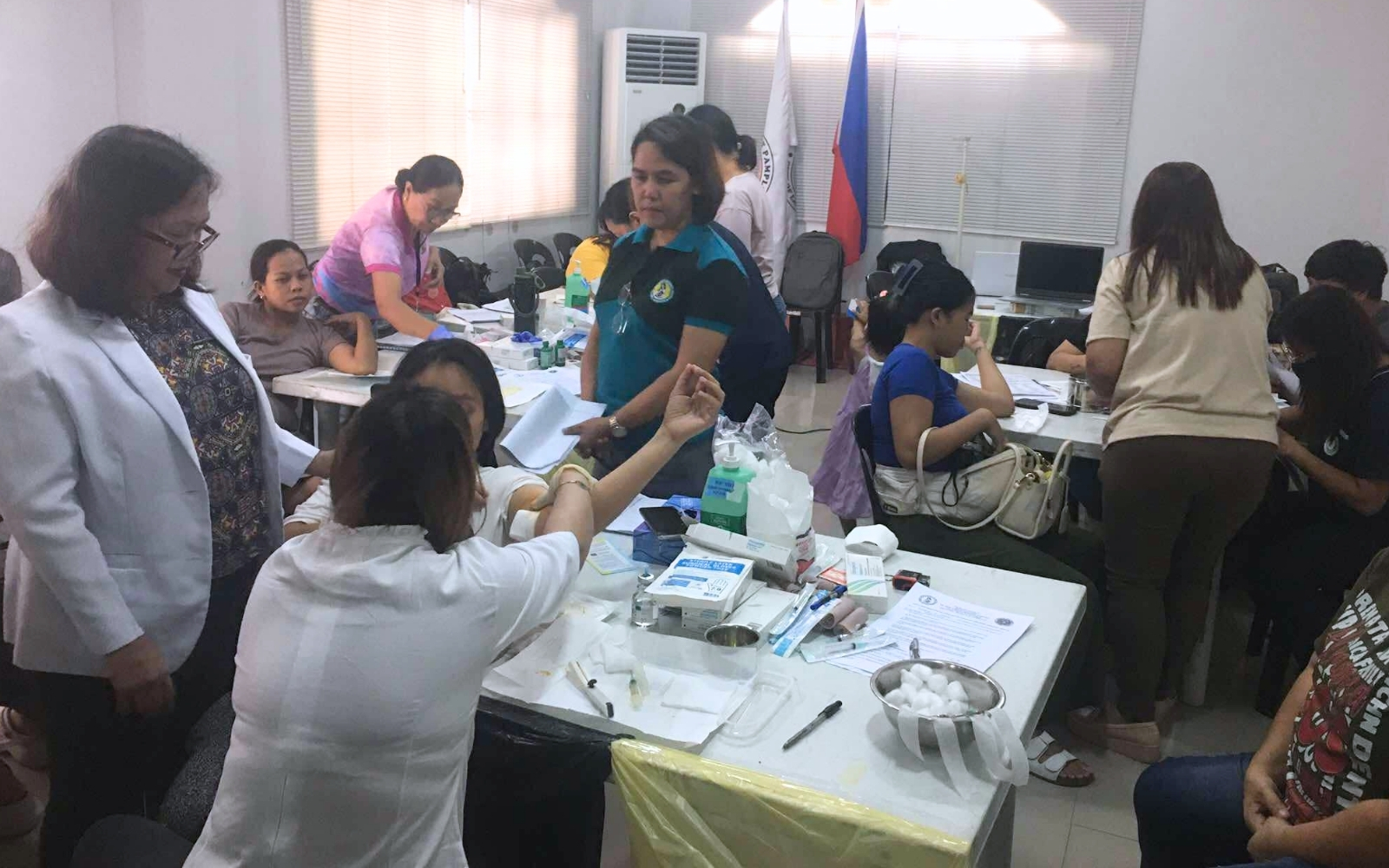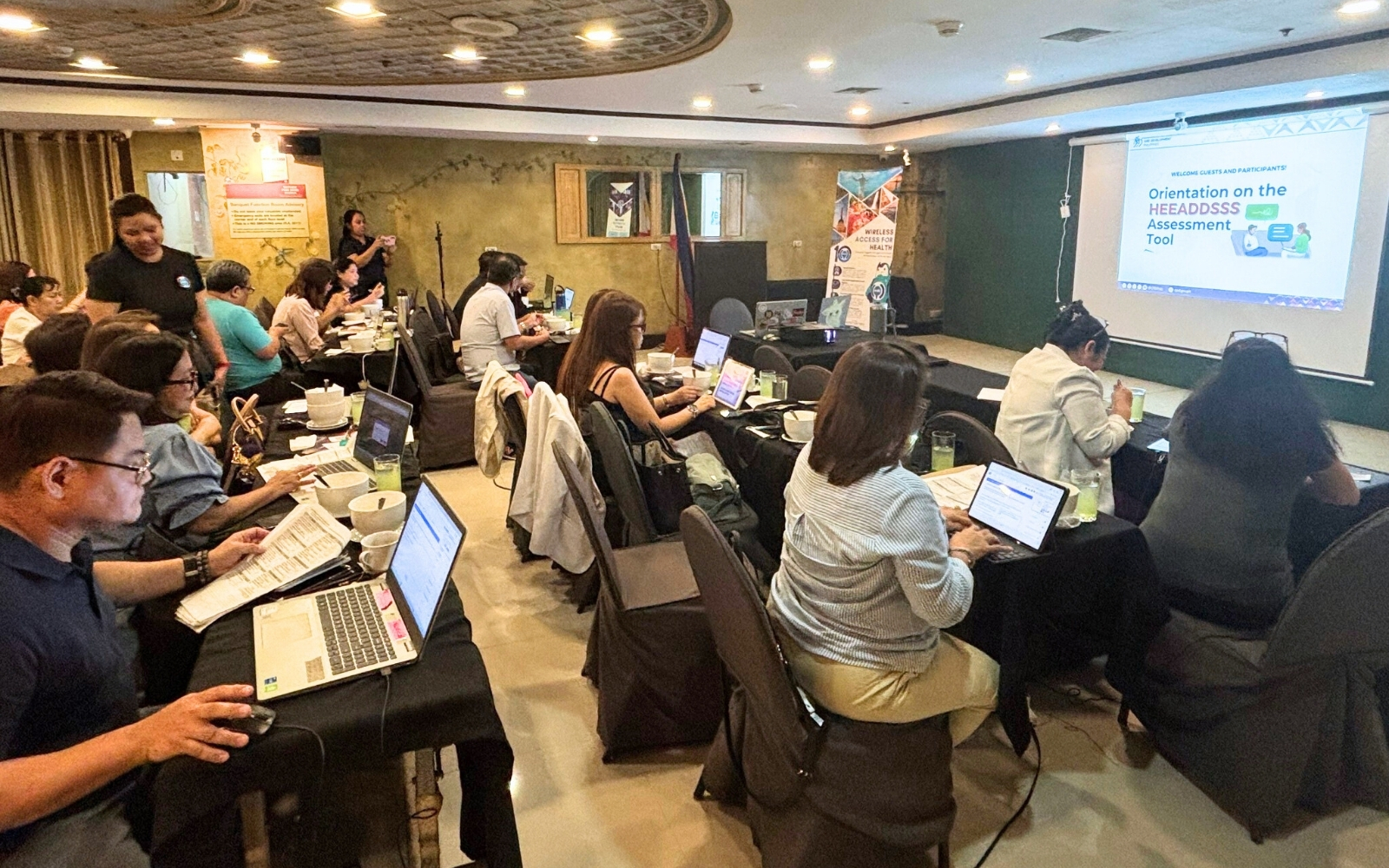Breaking the Cycle: How Manila Reclaimed Reproductive Health for its Families and Youth
Stories

For decades, access to reproductive health services in Manila was restricted by policy. Executive Order 003, enacted in 2000, effectively banned modern contraceptives in the city. Though it was eventually repealed, its replacement—EO 030 in 2008—prohibited the use of public funds for contraceptives such as pills, condoms, intrauterine devices (IUDs), and sterilization. These policies were only formally reversed in 2019.
In 2020, City reports show that Manila’s modern contraceptive prevalence rate (mCPR) was just 6%—30 percentage points below the national target and among the lowest in Metro Manila. The adolescent birth rate (ABR) stood at 50 per 1,000 girls aged 15–19, 20 points higher than the national average of 30.
Rising to the Challenge
In 2023, the City Government of Manila joined The Challenge Initiative (TCI)-Philippines, co-managed by the Zuellig Family Foundation and the Bill and Melinda Gates Institute for Population and Reproductive Health. A structured roadmap was developed to address systemic issues and restore public confidence in reproductive health services.
Spearheading this transformation was Mayor Honey Lacuna-Pangan, who convened a City Leadership Team (CLT) to institutionalize reforms. The CLT addressed issues such as fragmented service delivery, outdated clinical protocols, weak data systems, low youth engagement, and lingering biases among providers.
Dr. Evelyn Rimando, Family Planning Coordinator at the Manila Health Department, captured the core of the problem: “How can we reach those in need of family planning if there is a shortage of trained staff, few people know that such services exist, and misconceptions about it are widespread?”
From Policy Paralysis to Grassroots Power
To overcome these barriers, the city launched the Bayanihan Outreach Program, modeled after the Filipino tradition of collective community effort. Small teams composed of trained midwives, supervisors, and barangay health workers conducted daily door-to-door visits in low-income communities, providing pills, implants, injectables, and condoms.
Dr. Rimando noted, “The response was overwhelming. For many, this was their first time accessing family planning services. Being met by someone they trust, right at their doorstep, changed everything.”
What began in just ten communities quickly expanded citywide.
Related articles:
- Eight Cities Share Success in Family Planning and Adolescent Health
- Cities Lead the Way in Family Planning and Adolescent Health—Webinar Series to Spotlight Local Innovations
Training the Frontlines, Transforming the System
In parallel, the city invested in training to boost the quality and reach of reproductive health services. Through Family Planning Competency-Based Trainings (FPCBT):
- 20 midwives were trained in FPCBT Level 1
- 20 more learned to administer progestin-only subdermal implants (PSI)
- 15 health workers were certified as IUD trainers
- Another 15 became PSI mentors
These trainers helped capacitate 38 additional providers, helping Manila build a self-sustaining training network.
To boost demand for services, the Usapan series—structured group discussions—were rolled out in clinics. Midwives were trained to lead these sessions, tackling misinformation, and fostering informed choices.
Supporting Adolescents
Youth-specific interventions were introduced in 2025, starting with a training focused on the Adolescent Sexuality and Reproductive Health – Family Planning Module, grounded in the HEEADSSS or the Home, Education, Eating, Activities, Drugs, Sexuality, Suicidal Ideation, and Safety assessment framework. This globally recognized tool guides providers in addressing adolescents’ psychosocial and reproductive health needs holistically.
The training also featured the Adolescent Job Aid 2.0 (AJA), aligned with the Department of Health’s Omnibus Guidelines. However, a gap surfaced: out of over 50 public doctors in Manila, only four had prior AJA training.
Dr. Anthony Faraon, Chief of Party for TCI-Philippines, stressed, “Adolescent health training is essential, not optional.” He added that care for young people must be developmentally appropriate, respectful, and consistent.
To address training shortfalls, Manila is now seeking to scale adolescent health training locally and strengthen mentorship with ZFF-TCI and partners.
Systemic Reform from the Ground Up
Manila also tackled system-level bottlenecks:
- AYSRH services were made more youth-friendly
- Data-sharing agreements were formalized
- City Ordinance No. 9054 institutionalized the Key Assistance for Developing Adolescents (KADA) program, enabling stronger coordination across departments
The city’s long-neglected reproductive health infrastructure is now being rebuilt with intention and inclusivity.
A City Transformed
From a modern contraceptive prevalence rate of 6% in 2020, Manila surged to 35% in 2024. The adolescent birth rate fell from 50 to 15 per 1,000 in the same period. In recognition of these achievements, Manila was named a Global Self-Reliant City in family planning and adolescent health by ZFF-TCI. During the turnover, Assistant City Health Officer Dr. Gina Pardilla said, “This partnership empowers us to design interventions that truly respond to the evolving realities of families and young people. It is about meeting them where they are.”
Still, the work is far from over. Dr. Pardilla reflected, “If we are to sustain these gains, the commitment must go beyond training or funding. Our local systems must take ownership of reform, backed by national support.”
Where outdated policy once stifled progress, a spirit of bayanihan now fuels Manila’s drive toward equitable reproductive health. Families, adolescents, and providers are no longer sidelined—they are leading the change. This is Manila’s lesson: even the most entrenched public health challenges can be broken—one provider trained, one visit made, and one choice empowered at a time.

